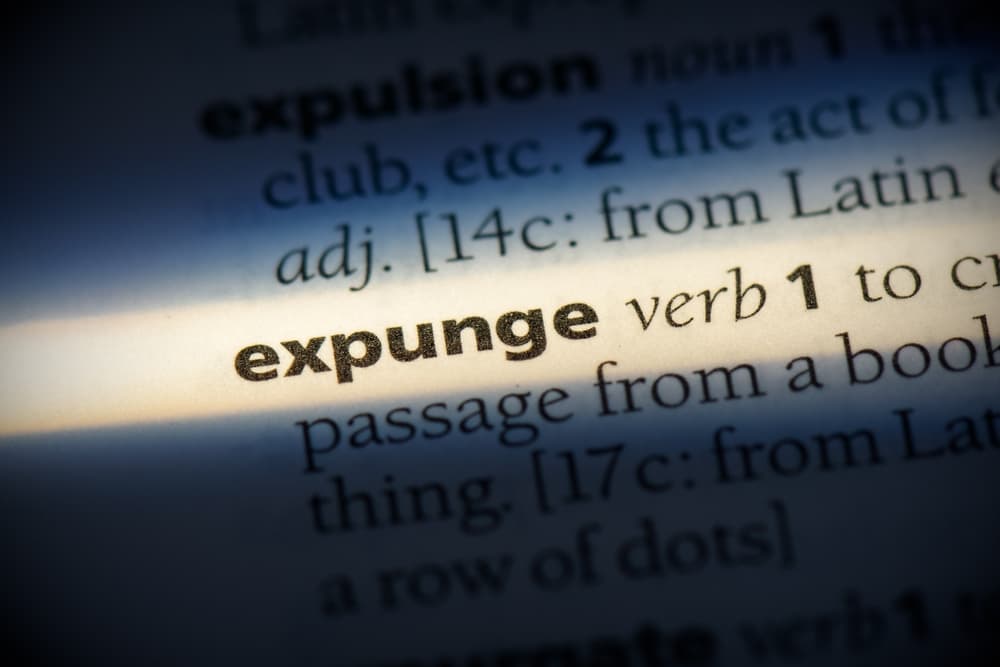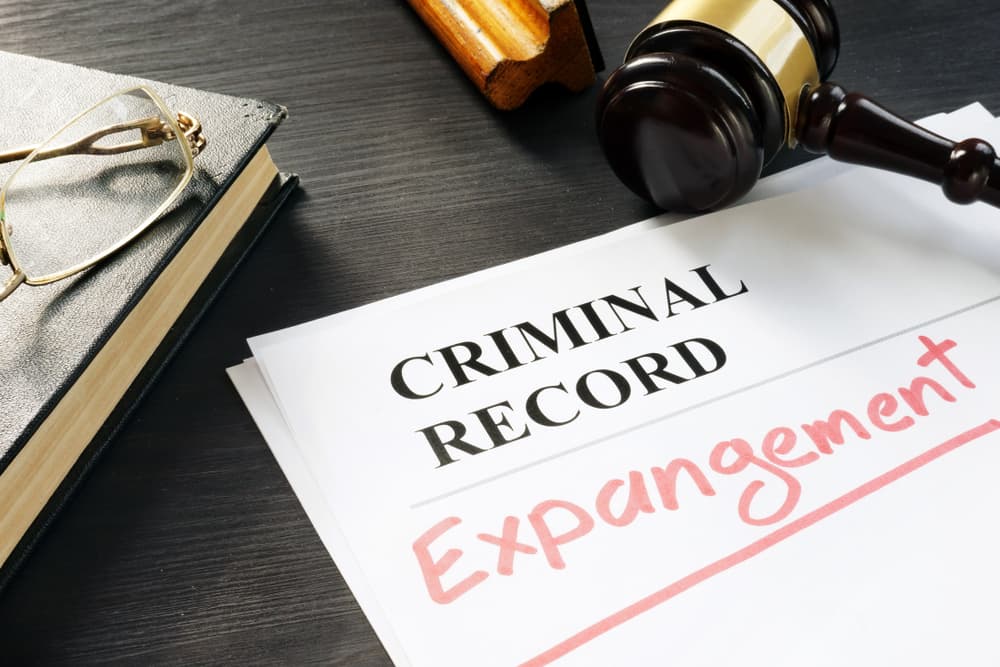Before you decide to hire a lawyer for the expunction of a marijuana conviction, you need to learn more about expungement or expunction - a legal method used to clear a criminal record.
You can request an expunction for possession of marijuana and clear the charge from your criminal history after a certain period.
Therefore, you must determine if and when you’re eligible for expungement.
In North Carolina, you can file for an expunction for marijuana possession after five years if you were charged with a misdemeanor crime. You’ll have to wait ten years if your conviction leads to a felony.
You can apply sooner if you were under 22 at the time of the conviction or if you went through and finished a sentencing program for a first-time offender.
You definitely should request the help of a criminal defense lawyer who handles these types of cases in North Carolina. According to state statistics, about one in four adults in North Carolina have a criminal record. This record may include a dismissed charge, in some cases, or a juvenile charge that happened over a decade ago.
Schedule Your Free Consultation
The Importance of North Carolina’s Second Chance Act
Fortunately, North Carolina’s Second Chance Act, which took effect in 2020, gives people more chances for an expunction or expungement. That’s why an expungement lawyer who handles cases like yours can better support your efforts toward clearing your criminal record and helping you understand your rights.
How the Second Chance Acts Make a Difference

Before December 2020, North Carolina followed strict rules on expungement, narrowing the eligibility guidelines for expunging criminal records. Therefore, this piece of legislation makes it easier to remove charges and convictions. As a result, the process is quicker and more efficient.
The act is divided into three main parts:
Expunging Juvenile Convictions
A petition to expunge a juvenile conviction is filed after the sentencing (incarceration, community service, or probation) is completed. The exceptions to expungement include traffic offenses, including DWI, and sex offenses that require registration with a sex offender registry.
Expunging Dismissed Charges and Not Guilty Verdicts
Dismissals and not-guilty verdicts may show up as red flags on a background check.
In response, the Second Chance Act is designed to automate the expungement of a dismissed charge or a not guilty verdict as long as it occurred after December 1, 2021. A dismissed charge or not guilty verdict that happens before that date must be petitioned for removal.
Expunging Convictions - Reviewing the Timelines Again
Before the Second Chance Act, removing nonviolent misdemeanors and felony crimes wasn’t easy. Today that has changed, with an expunction possibly after the sentencing competition. A person can petition the court as follows:
- For one misdemeanor, you can apply for expungement after five years.
- For multiple misdemeanors, you’re allowed seven years after the completion of sentencing.
- After a felony conviction, you can request an expunction after ten years.
People Eligible for an Expunction after a Nonviolent Conviction

If your sentence is completed and the timeline has passed, an expungement will be processed, provided -
- You don’t have any violent convictions on your record
- You aren’t convicted of a crime during the waiting period of the expungement, except for minor traffic infractions
- You can show good moral character
- You have completed restitution as well, or you don’t owe restitution from the conviction you want to have expunged
Crimes Eligible for Expungement
You can expunge certain crimes, such as:
- Nonviolent misdemeanors - including possession of marijuana, shoplifting, and possession of stolen goods
- Obtaining a property under false pretenses (a Class H felony)
- Forgery (a Class I felony)
Crimes that Can’t Be Expunged
You can’t get a crime expunged if it includes the following:
- Assault, including simple assault
- DWI (if you possessed marijuana but were arrested for DWI, you can’t erase the DWI)
- A stalking crime
- A drug crime that involves the possession or use of methamphetamine, cocaine, or heroin
How to Choose an Expungement Attorney
The lawyer you choose for expungement should be knowledgeable in expungements. They should also know the North Carolina court system and the state’s expungement requirements.
Check the attorney’s background and client testimonies online. Ensure they are well-respected by the national and state bar associations and legal organizations.
They should also be familiar with the laws that enforce the possession of marijuana and marijuana paraphernalia in the state.
How an Expungement Lawyer Can Help You Experience a Successful Outcome

An expungement lawyer in North Carolina can help achieve better results in several key ways:
- Legal background and knowledge: An expungement lawyer possesses knowledge of North Carolina’s expungement laws and procedures - many of which can be complicated or confusing.
- Case evaluation: An attorney can review your criminal record to determine your eligibility for expungement. This information lets them identify the best approach for your situation.
- Paperwork assistance: A lawyer can help complete and file all the required forms and documents correctly, reducing the risk of delays or rejection due to errors.
- Court representation: A criminal defense attorney can represent you in court hearings and advocate.
- An increased chance for success: A lawyer’s experience and understanding of the legal system can increase the likelihood of a petition for expungement being approved.
- Time-saving results: Your attorney can handle the entire process, saving you time and added stress.
- Strategic recommendations: An attorney can advise you on filing your petition and any steps you should take to strengthen your case.
- Handling the details: If your case involves multiple charges or is complicated overall, an experienced expungement attorney can develop a plan to simplify the process.
- Changes in the law: A lawyer will help you stay up-to-date with legislative changes affecting your case.
- Post-expunction guidance: After an expunction is granted, your lawyer will guide you on your rights and responsibilities.
Contact an Expungement Lawyer About Your Criminal Record Now
Do you have a criminal background, or have you been convicted of marijuana possession? Would you like to erase the record? If so, you need to obtain the services of an expungement attorney. Call a lawyer today to schedule a case review and consultation. Go forward more positively with your life.